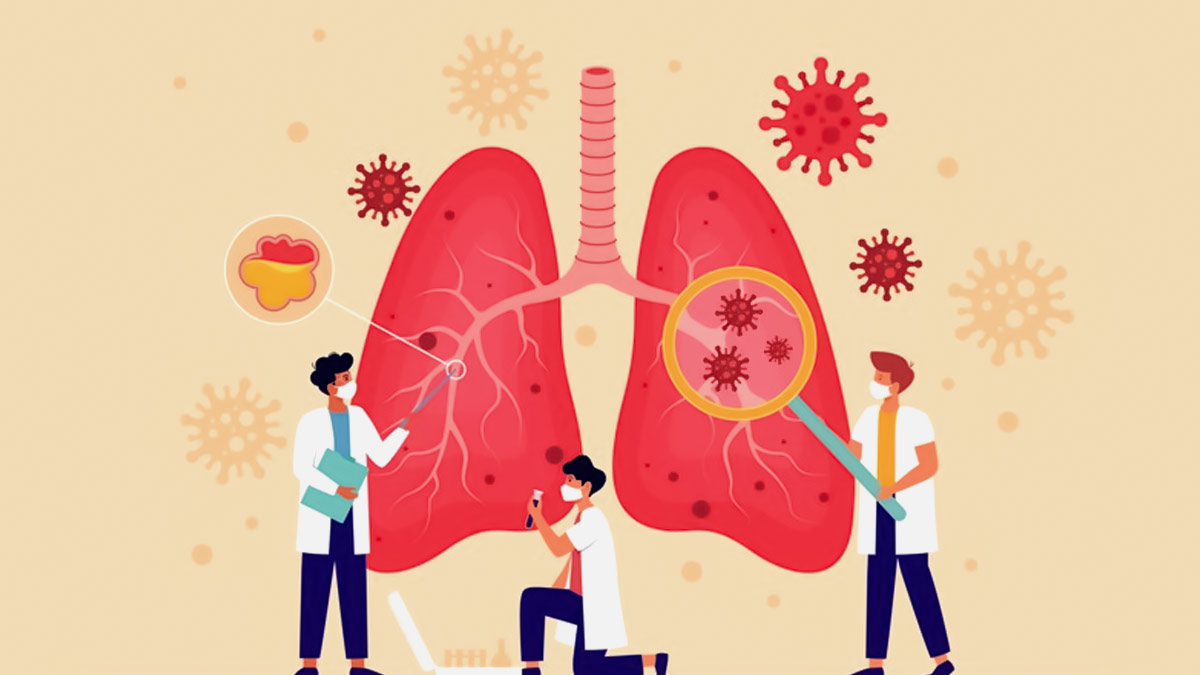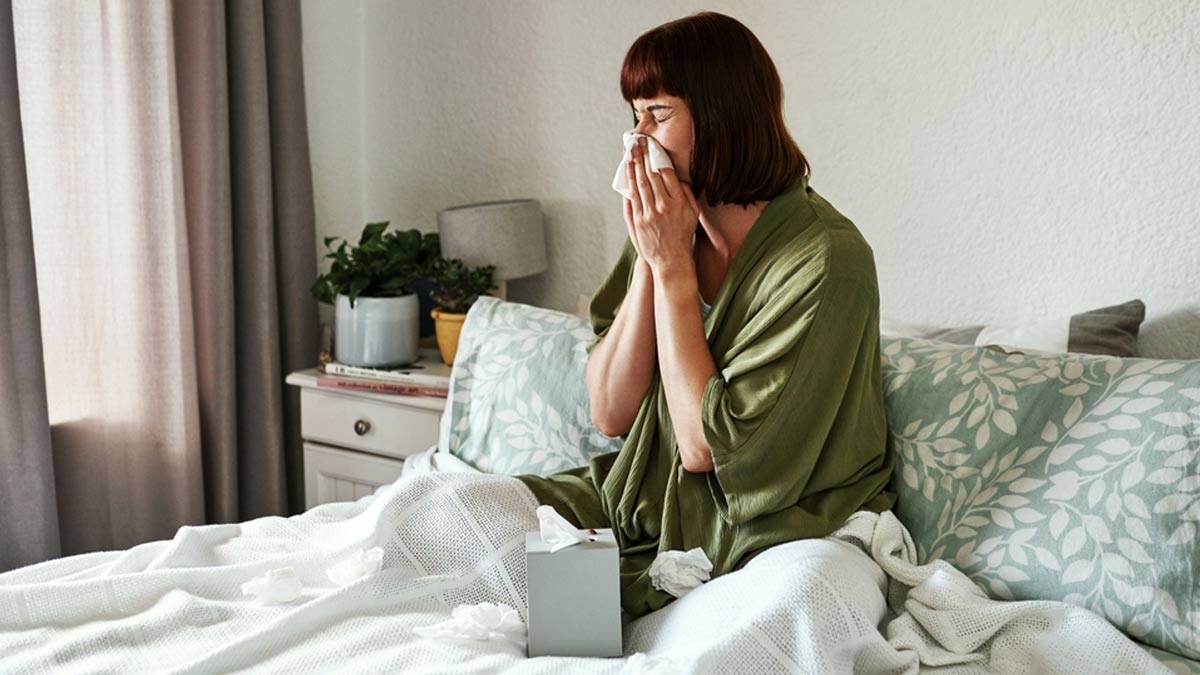Expert Shares Why You Should Not Eat Green Leafy Vegetables In Monsoon
Monsoon relieves the hot summer heat and brings freshness in the air, but it also brings with it a variety of seasonal diseases. Even though your immunity is being challenged by this time itself, food comes in handy in safeguarding you and keeping you healthy. Interestingly enough, one group of foods you might want to cut back on, or even skip, during the monsoon is green leafy vegetables.
In an exclusive interview with the editorial team, our expert, Dr Bhumesh Tyagi, Consultant, General Medicine and Physician, Shardacare, Health City, Noida, shared, "Yes, your beloved spinach (palak), fenugreek (methi), mustard greens (sarson), and amaranth (chaulai) may actually be more dangerous than you realise when it rains." Here's why.
Monsoon season is when the wet and humid air is the perfect breeding ground for bacteria, fungi, and parasites. Leafy green plants are grown near the ground and tend to hold water, so they are particularly susceptible to contamination from:
These impurities aren't easily removed even with intensive cleaning.
Consumption of contaminated greens leads to various health ailments:
Dr Tyagi advised, "During monsoon, I would tell individuals with low immunity or weak digestion not to consume raw leafy vegetables at all. Even cooked ones can be dangerous if not properly cleaned and cooked."
Washing leafy greens properly is already tricky. During the rainy season, the leaves are often muddier and may host tiny worms or insects hidden between layers. Even multiple washes under running water may not fully eliminate them. Soaking in vinegar or saltwater helps, but still may not be foolproof.
Your digestive system slows down in the monsoon season because of humidity and less physical activity. Leafy vegetables, high in fiber, can be more difficult to digest and can result in bloating or indigestion. That's why lighter, easily absorbed, and freshly cooked food is usually suggested.
In order to repel pests this time of the year, farmers use more pesticides on crops — particularly greens. Unless you're purchasing organic, there is another risk in the form of chemical residues added to this.
Monsoon is the time to be doubly careful and choose foods that are:
Raw leafy greens or palak curry aside, opt for a diet that includes:
Seasonal fruits such as pears and pomegranates (properly washed)
Though green leafy vegetables are otherwise celebrated as superfoods, monsoon is not the ideal season to eat them. The danger of bacterial contamination, stomach ailments, and exposure to pesticides greatly outweighs the advantages at this time. If you really need to have them, make sure they are:
Until the rains subside, experts warn that it is best to err on the side of caution.
You may also like...
Diddy's Legal Troubles & Racketeering Trial

Music mogul Sean 'Diddy' Combs was acquitted of sex trafficking and racketeering charges but convicted on transportation...
Thomas Partey Faces Rape & Sexual Assault Charges

Former Arsenal midfielder Thomas Partey has been formally charged with multiple counts of rape and sexual assault by UK ...
Nigeria Universities Changes Admission Policies

JAMB has clarified its admission policies, rectifying a student's status, reiterating the necessity of its Central Admis...
Ghana's Economic Reforms & Gold Sector Initiatives

Ghana is undertaking a comprehensive economic overhaul with President John Dramani Mahama's 24-Hour Economy and Accelera...
WAFCON 2024 African Women's Football Tournament

The 2024 Women's Africa Cup of Nations opened with thrilling matches, seeing Nigeria's Super Falcons secure a dominant 3...
Emergence & Dynamics of Nigeria's ADC Coalition

A new opposition coalition, led by the African Democratic Congress (ADC), is emerging to challenge President Bola Ahmed ...
Demise of Olubadan of Ibadanland
Oba Owolabi Olakulehin, the 43rd Olubadan of Ibadanland, has died at 90, concluding a life of distinguished service in t...
Death of Nigerian Goalkeeping Legend Peter Rufai

Nigerian football mourns the death of legendary Super Eagles goalkeeper Peter Rufai, who passed away at 61. Known as 'Do...
-1751868880877.webp)



